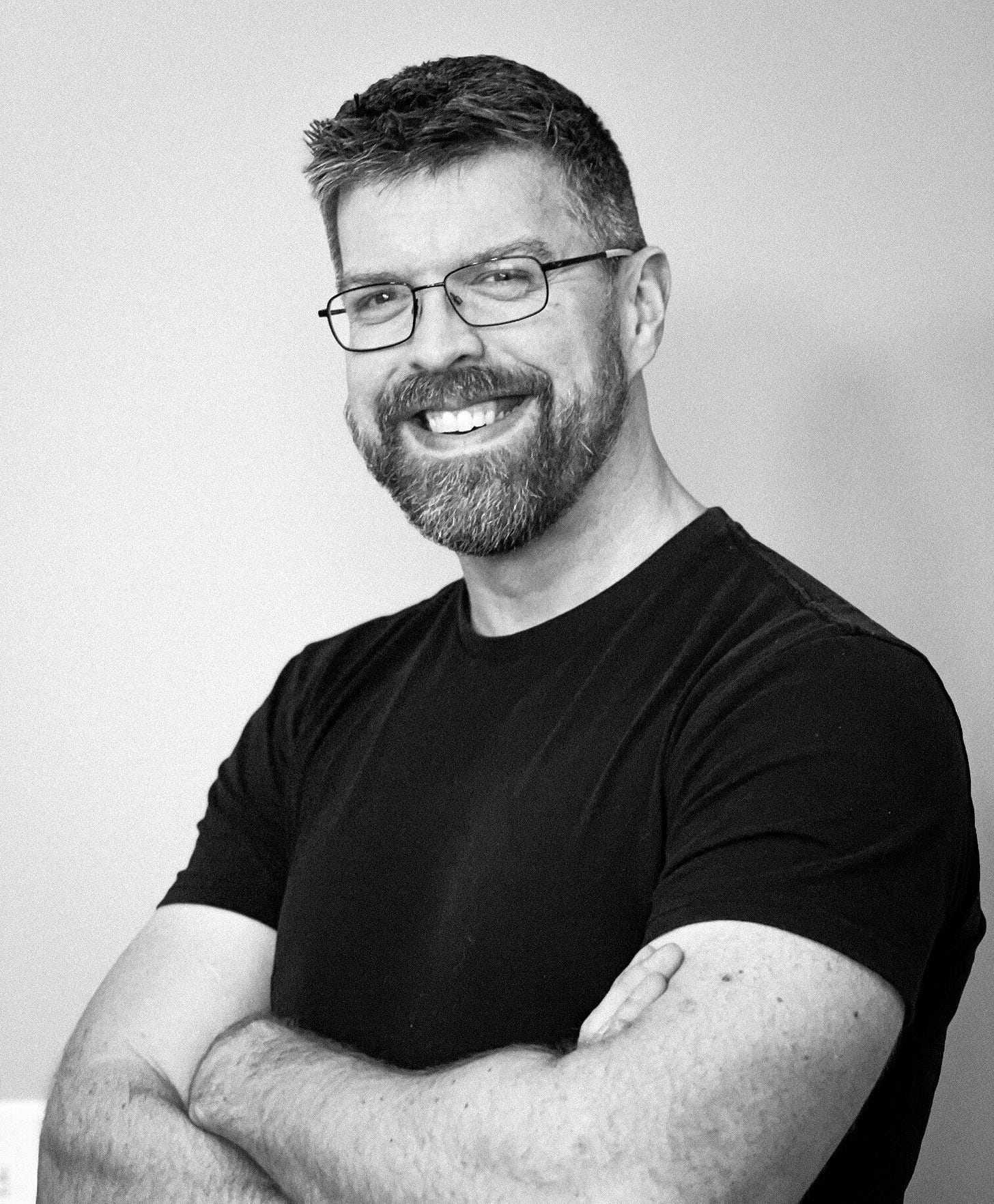There may be people who wonder if billionaires hire differently than other leaders.
Meta CEO Mark Zuckerberg recently spoke to Bloomberg’s Emily Chang about what he thinks about — and seeks — when he’s involved in talent acquisition.
"If people have shown that they can go deep and do one thing really well, then they've probably gained experience in, like, the art of learning something,” he told Chang.
It’s worked well for him and his company. There is good reason for why it does.
“This is absolutely an illuminating and smart approach to hiring,” says Margot Black, the CEO and founder at Black Ink PR, a public relations and marketing boutique. “Zuckerberg's focus on depth and mastery reflects a deep understanding of the value of expertise in today's complex work environments.
“By hiring individuals who have shown they can excel in one area — and enjoy deep, focused immersion time — you are essentially bringing on board someone who has honed their problem-solving skills, developed persistence and demonstrated a capacity for focused learning.
“This can be particularly beneficial in roles that require specialized knowledge, focus and a high level of technical skill.”
Black elaborates from her own leadership experiences and observations.
“The ability to master a specific skill, while continually adapting and learning, is invaluable,” she contends. “It ensures that the team remains agile, innovative and consistently delivers high-quality results.”
There how, however, challenges with this belief and approach.
“Meta values people who can learn and this is one way to detect someone who is aligned with that value,” says J.L. Heather, the managing partner and principle executive coach at Centered.Work, an organization that provides leadership and career coaching, workshops and lean and agile transformations.
“The hard part for hiring for fit,” he adds, “is understanding your culture and needs well enough to do it effectively.”
Paul Bramson agrees. The CEO and keynote speaker at The Paul Bramson Companies, an organization that helps companies with sales, leadership, communication, interviewing and negotiation skills, says a narrowly-defined mastery is attractive, yet focusing solely on it has limitations and drawbacks.
“When someone’s got that laser-focused expertise, sticking to their lane can lead to big wins, major growth and maybe even a spot in the elite club,” Bramson agrees.
“But here’s the thing: If you’re too focused on just one strength, you might end up missing out on other opportunities. Being a pro at one thing is a solid strategy but it can sometimes lead to tunnel vision. You might lose out on the creativity and broader perspective needed to handle roles that demand a more diverse skill set.
“So while being top-notch in one area is great, it’s worth thinking about whether that narrow focus can really keep up with all the different demands of a job.
“Going deep is epic but adding some versatility and adaptability to the mix? That’s how you really level up.”
Years ago, Zuckerberg additionally talked about what matters to him when considering hiring someone:
"If the tables were turned and you were looking for a job, would you be comfortable working for this person," he asked, while adding that if the answer is no, "then you're doing something expedient, but you're not doing as well as you can."
Black has an appreciation for this belief.
“Zuckerberg is emphasizing the importance of alignment in leadership and organizational values,” Black says. “By asking whether one would be comfortable working for a prospective hire, he highlights the necessity of mutual respect and cultural fit within the workplace.
“This philosophy ensures that leaders not only possess the required expertise but also embody the values and behaviors that foster a positive and productive work environment.”
This is a smart practice everywhere, she asserts.
“This principle is indeed crucial for any organization, not just Meta. Leaders set the tone for workplace culture, employee satisfaction and overall company performance,” Black says.
She uses her own company as a example from what she’s observed and learned.
“At Black Ink PR, we've seen first-hand how leaders who resonate with our core values — dedication, creativity, efficiency and joy — can inspire their teams to achieve remarkable results. When employees respect and feel aligned with their leaders, they are more motivated, engaged and committed to the organization's success.”
Being quick to check off a hiring is unwise and involves risk so investing deeper thought into whom who will be bringing on and if the trust about them is important.
Zuckerberg’s claim that expediency does not make for an astute hire or the best fit resonates with Heather.
“Expedience is an example of short-term thinking,” he says.
“When hiring, it's critical to not only look at a candidates immediate ability to do their job and fit the team but also consider their long-term potential and ability to support your culture as they grow within your organization."
“What Zuckerberg’s really getting at is the importance of alignment and integrity in hiring,” Bramson says. “He’s saying, if you wouldn’t want to work for someone, maybe they’re not the right hire. It’s about ensuring the fit is spot on from both sides because when you’re in sync with the people around you, the work naturally becomes better.”
There is a caveat though, he adds.
“Now, let’s get real. Is this as crucial for everyone as it is for Zuckerberg? Probably not. He’s operating on a level that most of us can’t even fathom,” Bramson says.
“But for the rest of us? It still matters. The stakes might be lower but the principle is the same. You want to build a team where mutual respect and shared goals drive success, no matter the size of your operation.
“If you’re hiring just to check a box or speed up the process, you might be missing out on creating something truly exceptional.”
Thank you for reading this issue of Communication Intelligence.
Follow on the LinkedIn company page for Communication Intelligence








